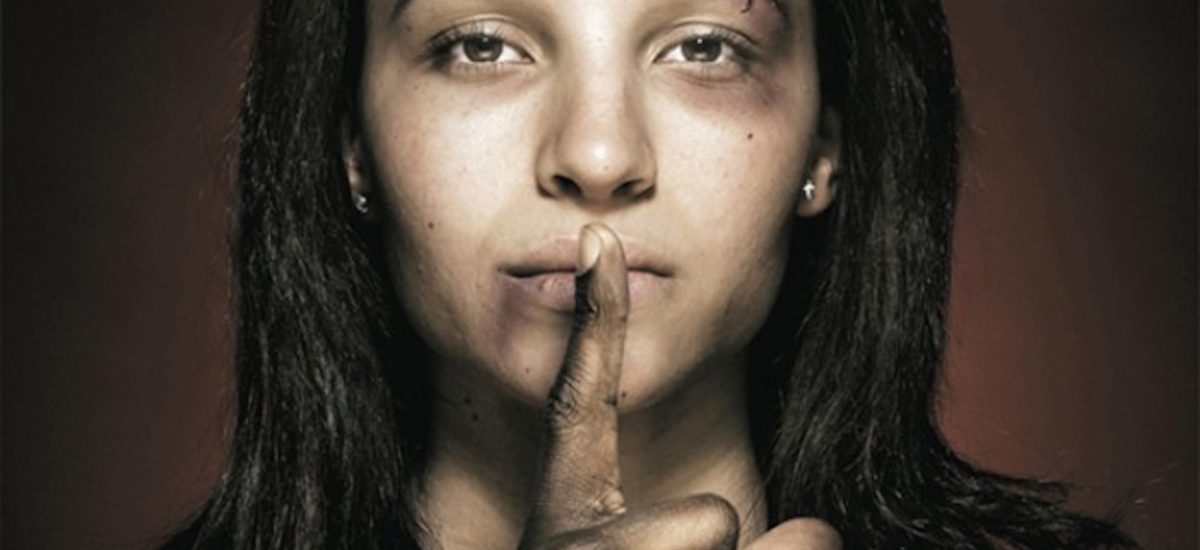Photo courtesy of NotEnoughGood
Today is the International Day for the Elimination of Violence against Women
Mala is a survivor of intimate partner violence. She kept it a secret until her husband passed away. After 25 years of daily abuse, she finally found the strength and courage to share her ordeal with a complete stranger – an enumerator from the Department of Census and Statistics who was going house to house as part of the Women’s Wellbeing Survey of 2019. The survey is the first of its kind in the country that studied the prevalence of violence against women and girls, with a specific focus on Intimate Partner Violence (IPV).
Mala is not alone. The survey shows that one in five (20.4%) ever-partnered women have experienced physical and/or sexual violence by an intimate partner in their lifetime. Yet close to half (49.3%) of the women who experienced IPV did not seek formal help anywhere.
IPV is violence from current or former husbands, cohabiting partners, fiancés and dating partners, irrespective of whether or not there is or had been a sexual relationship. The survey assessed a total of 2,264 women from across Sri Lanka out of which 2,100 were ever-partnered, which means women who have been in an intimate relationship at some point in their lives. Most of these women reported controlling behaviour from their partner as the most common form of violence and physical violence as the second most common form of violence.
Any form of violence against a woman or girl doesn’t affect her alone; it affects her children, her immediate and extended family and society as a whole.
Sexual and physical violence have serious implications on the next generation. Global evidence shows that children who grow up in violent homes are more likely to become perpetrators or victims of sexual and gender-based violence.
Nalini is a married woman with three children. She has been experiencing abuse in her marriage for several years. She endures it for her children. However, as each year passes, the violence she faces at the hand of her partner intensifies so much that it starts affecting other aspects of her life including her performance and productivity at work. She has difficulty focusing, she has been taking sick days off to recover and is in a precarious situation at work that could result in her losing her job and in turn, losing her source of income, which means she will have to be financially dependent on her abuser. The Women’s Wellbeing Survey showed that one in ten (9.2%) women who had gone through violence reported that they were unable to concentrate at work.
Nalini starts seeing her children react to the violence in the home; her youngest child has started to experience nightmares from witnessing the daily abuse despite Nalini’s best efforts to shield her children from the violence. Her oldest child has dropped out of school and is earning for the family.
More than 60% of women with school age children who experienced physical partner violence said that their children witnessed or overheard the violence. Women who experience violence were more likely to say that they and/or their partner grew up in a violent home. This shows that violence runs in families, or rather, is learned from copying what was seen in childhood. This is the intergenerational aspect of violence. The children continue the cycle of violence by being in abusive relationships even once they are older or become perpetrators themselves.
There are many Malas and Nalinis out there who hide their ordeal out of fear or shame, stigma and rejection from society. Everyone has a role to play in breaking this cycle of violence and creating a world free from violence for every woman and girl. Here are five ways you can make a difference:
Speak out – Often society is hesitant to even acknowledge the prevalence of intimate partner violence happening in our own circles. We must speak out and raise awareness on the issue.
Speak up – If you know of someone who is experiencing violence, encourage them to speak up and seek help. Call the national women’s helpline on 1938 or the Mithuru Piyasa hotline: 070 26 11 111.
Intervene and interrupt – If you see any violence happening in front of you, intervene and interrupt so the victim has a chance to call for help.
Listen – If you know someone who is experiencing violence, take time to listen and give her the safe space she needs to speak up and be heard.
Contribute – There are several shelters operating across the country that provide a safe haven for women and girls who have escaped their violent homes. Most of these shelters run from institutional funding and donations, so contribute whenever you can.
Names have been changed to maintain anonymity.
The Women’s Wellbeing Survey 2019 was conducted by the Department of Census and Statistics with technical support from the United Nations Population Fund with funding from the Government of Canada. www.bit.ly/IPV-SL-2021


